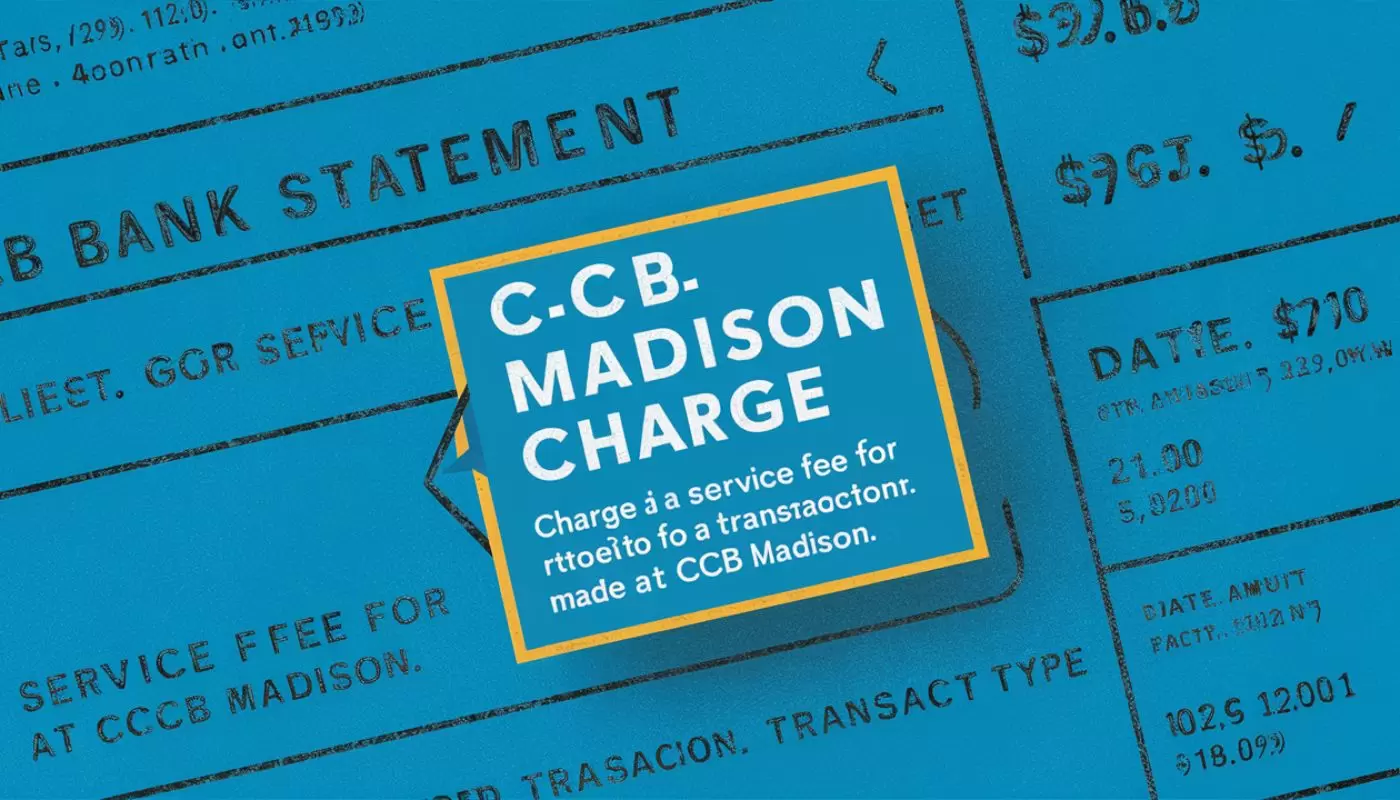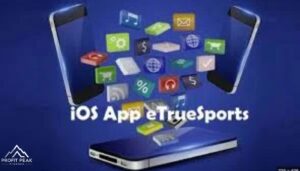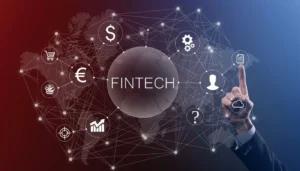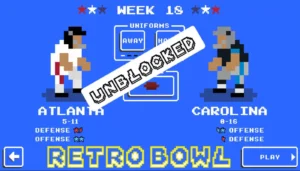Have you ever glanced at your bank statement and been puzzled by a mysterious charge labeled “CCB MADISON”? You’re not alone. Many Americans find themselves scratching their heads over this cryptic entry. In this comprehensive guide, we’ll dive deep into the world of CCB MADISON charges, uncover their true nature, and equip you with the knowledge to handle them like a financial pro.
What Does CCB MADISON Mean?
Let’s start by decoding the enigma. CCB MADISON typically stands for “Capital City Bank Madison.” This charge often appears on bank statements when you’ve made a purchase using a vending machine operated by Capital City Bank, which is headquartered in Madison, Wisconsin.
But why the confusing abbreviation? Banks and merchants often use shorthand on statements to save space. Unfortunately, this can leave customers bewildered and concerned about potential unauthorized transactions.
The Vending Machine Connection
CCB MADISON charges are frequently linked to vending machine purchases. Here’s a breakdown of how this typically works:
- You insert your credit card or debit card into a vending machine.
- You select your favorite soda or snack (often a Coca-Cola product).
- The transaction is processed through Capital City Bank’s system.
- “CCB MADISON” appears on your statement, representing the purchase.
It’s worth noting that while Coca-Cola is a common brand associated with these charges, other products may also trigger a CCB MADISON entry.
Geographic Relevance: Beyond Madison
Despite the “MADISON” in the name, you don’t have to be in Wisconsin to encounter this charge. CCB MADISON transactions can pop up anywhere in the US, from the bustling streets of New York to the sunny shores of Tampa, Florida.
For example, let’s consider a case study:
Sarah, a tourist from Tampa, Florida, was exploring Chicago when she used her debit card to buy a soda from a vending machine at Navy Pier. A week later, she noticed a “CCB MADISON” charge on her statement. Initially alarmed, Sarah learned it was simply the vending machine purchase she’d made in Chicago, processed through Capital City Bank’s system in Madison.
Is CCB MADISON a Legitimate Charge?
In most cases, CCB MADISON represents a valid transaction. However, it’s crucial to stay vigilant. Here’s a quick checklist to help you determine if the charge is legitimate:
- ✅ Do you remember making a vending machine purchase?
- ✅ Does the amount match what you’d typically spend at a vending machine?
- ✅ Is the date of the transaction consistent with your recent activities?
If you can answer “yes” to these questions, the charge is likely legitimate. However, if something doesn’t add up, it’s time to investigate further.
What to Do If You Don’t Recognize the Charge

If you spot a CCB MADISON charge that doesn’t ring any bells, don’t panic. Here’s a step-by-step guide to handling the situation:
- Review your recent activities: Try to recall any vending machine purchases you might have made.
- Check the amount: CCB MADISON charges are typically small, reflecting the cost of vending machine items.
- Contact your bank: If you’re still unsure, reach out to your bank or card issuer.
- Dispute the charge: If you believe the transaction is fraudulent, file a dispute with your bank.
Remember, your bank is there to help. Don’t hesitate to reach out if you have concerns about any charge on your statement.
Preventing Unexpected Charges
While CCB MADISON charges are often legitimate, it’s always wise to stay on top of your finances. Here are some tips to help you avoid surprises on your bank statement:
- Set up transaction alerts: Many banks offer text or email notifications for all card transactions.
- Review statements regularly: Make it a habit to go through your statement line by line each month.
- Keep receipts: For vending machine purchases, try to grab a receipt if available.
- Use mobile payment apps: Some vending machines now accept apps like Apple Pay or Google Wallet, which can provide clearer transaction details.
CCB MADISON vs. Other Common Bank Statement Abbreviations
CCB MADISON isn’t the only puzzling abbreviation you might encounter. Here’s a quick reference table of other common bank statement mysteries:
| Abbreviation | Meaning | Common Association |
| CCB MADISON | Capital City Bank Madison | Vending machine purchases |
| POS | Point of Sale | In-store purchases |
| ACH | Automated Clearing House | Direct deposits or bill payments |
| ATM | Automated Teller Machine | Cash withdrawals |
| DDA | Demand Deposit Account | Checking account transactions |
Understanding these abbreviations can help you decode your bank statement like a pro.
The Bigger Picture: Financial Literacy and Bank Statement Savvy
Encounters with mysterious charges like CCB MADISON highlight the importance of financial literacy. Here are some key takeaways to boost your banking savvy:
- Know your spending habits: Familiarize yourself with your typical purchases and their statement descriptions.
- Understand merchant naming conventions: Companies may use different names on statements than their store signs.
- Keep track of small purchases: It’s easy to forget a quick vending machine stop, but these can add up.
- Stay informed about banking technology: As payment methods evolve, so do statement descriptions.
Case Study: The Curious Case of the Multiplying CCB MADISON Charges

Let’s examine a real-world scenario to illustrate the importance of staying vigilant:
John, an office worker in Tampa, Florida, noticed multiple CCB MADISON charges on his statement over a month. At first, he assumed they were fraudulent. However, upon closer inspection, he realized they corresponded to his daily soda purchases from the office vending machine. This eye-opening discovery led John to reevaluate his spending habits and opt for bringing drinks from home, saving him over $100 a month.
This case underscores how understanding your bank statement can lead to better financial decisions.
Frequently Asked Questions About CCB MADISON Charges
To wrap up, let’s address some common questions about CCB MADISON charges:
- Is CCB MADISON always related to Capital City Bank?
While typically yes, always verify with your bank if unsure.
- Can I prevent CCB MADISON charges from appearing on my statement?
Not directly, but you can avoid them by not using vending machines or opting for cash purchases.
- What if my bank can’t explain the CCB MADISON charge?
If your bank is unable to provide clarity, you have the right to dispute the charge.
- Are there fees associated with CCB MADISON transactions?
Generally no, but always check with your bank regarding any potential fees for vending machine use.
- How quickly should I act if I see an unfamiliar CCB MADISON charge?
It’s best to contact your bank within 60 days of the statement date to ensure full protection under federal regulations.
Conclusion.
Empowering Your Financial Knowledge
Understanding charges like CCB MADISON on your bank statement is more than just solving a mystery—it’s about taking control of your financial life. By staying informed, regularly reviewing your statements, and not hesitating to ask questions, you’re building a solid foundation for financial health.
Remember, every charge on your statement tells a story about your spending habits. Whether it’s a CCB MADISON entry from your afternoon soda craving or a major purchase, each transaction is a piece of your financial puzzle. By understanding these pieces, you’re better equipped to shape your financial future.
So, the next time you see CCB MADISON on your statement, you’ll know exactly what it means—and more importantly, you’ll have the confidence to handle any financial curveball that comes your way. Stay curious, stay informed, and keep building your financial literacy. Your future self will thank you!












